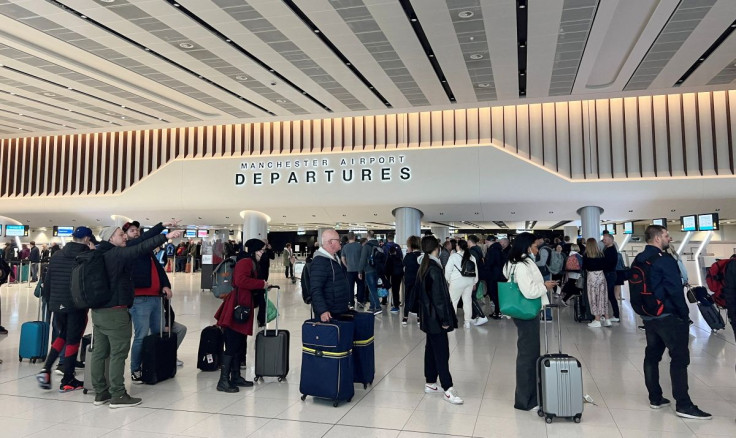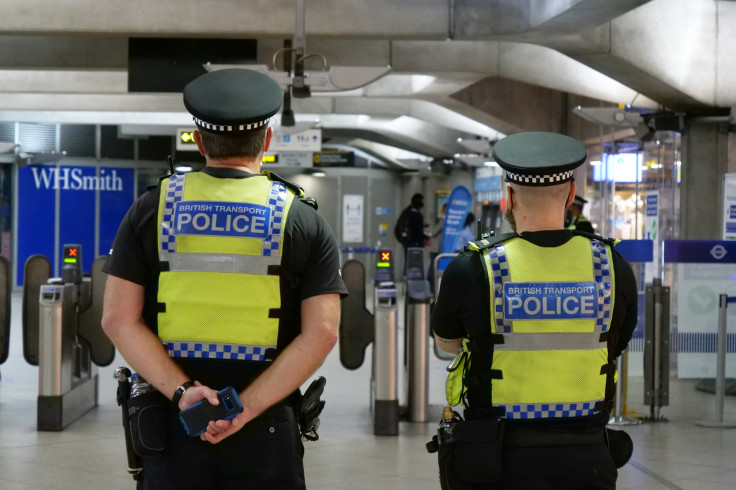Manchester Airport Tragedy: Cause of Death Finally Revealed for Man Who Collapsed in Holding Area After 'Unusual Behaviour' Arrest
Karl Joyce, 27, died from acute cocaine toxicity after collapsing in a Manchester Airport holding room

The man who died in custody at Manchester Airport had swallowed cocaine hidden in his underwear, which eventually led to his death, a coroner has confirmed.
Karl Joyce, 27, collapsed in a holding room after being arrested for 'unusual behaviour' in Terminal 2. The finding concludes weeks of investigation into his death and has prompted questions about security checks and detainee welfare in airport holding areas.
Death in Detention
Area Coroner Paul Appleton said Mr Joyce was found slumped in a chair before sliding to the floor. He was taken to Wythenshawe Hospital but was pronounced dead at 1.53pm. A post-mortem by pathologist Dr Philip Lumb confirmed the cause of death as acute cocaine toxicity.
Greater Manchester Police confirmed there was no evidence of third-party involvement. The Independent Office for Police Conduct (IOPC) is reviewing CCTV and other evidence as part of its ongoing investigation, launched after the case was referred by the Home Office.
IOPC director Amanda Rowe said, 'When someone dies in custody it is important there is a thorough investigation to ensure all the circumstances are examined.'
Medical Findings and Inquest Evidence
An inquest at Manchester Coroner's Court heard that Mr Joyce, a father of two, was stopped by Border Force officers on 19 February ahead of a flight to Qatar. He had been displaying 'unusual behaviour' and was detained on suspicion of drug offences.
Drugs believed to be cocaine were discovered concealed in his underwear, Manchester Evening News reported. The inquest was told the ingestion of the drug led to his sudden collapse in the holding area.
Similar incidents have occurred at UK airports and police stations, where both internally and externally concealed narcotics have proved fatal before detection. The case has renewed attention on the risks posed by drugs smuggled into secure facilities.
Official Response
Greater Manchester Police and Border Force said they are fully cooperating with the IOPC and emphasised that the inquiry is focused on establishing how the drugs were obtained and concealed.
Mr Joyce's family is receiving specialist support. The IOPC has said it will share its full findings with relatives before making them public.

Security and Welfare Implications
The death has prompted discussions among security and law enforcement experts about detainee screening and health monitoring. Current safeguarding measures may be reviewed to improve the detection of concealed substances, particularly in high-security environments such as airports.
In the UK, detainees in Border Force custody are subject to a search, but methods for detecting internally concealed items are limited without medical intervention. Past high-profile deaths in custody, such as that of Leon Patterson in 1992, have underscored the importance of independent oversight and prompt medical assessment.
Ongoing Review
The IOPC investigation will examine whether all necessary checks were made before and during Mr Joyce's detention, and whether medical help was sought quickly enough. While his death is not being treated as suspicious, it may lead to changes in how detainees are processed and observed.
The case has added to wider debates about the balance between security, personal rights and medical care in detention settings. The IOPC's final report is expected to recommend measures aimed at reducing the risk of similar incidents in the future.
© Copyright IBTimes 2025. All rights reserved.





















